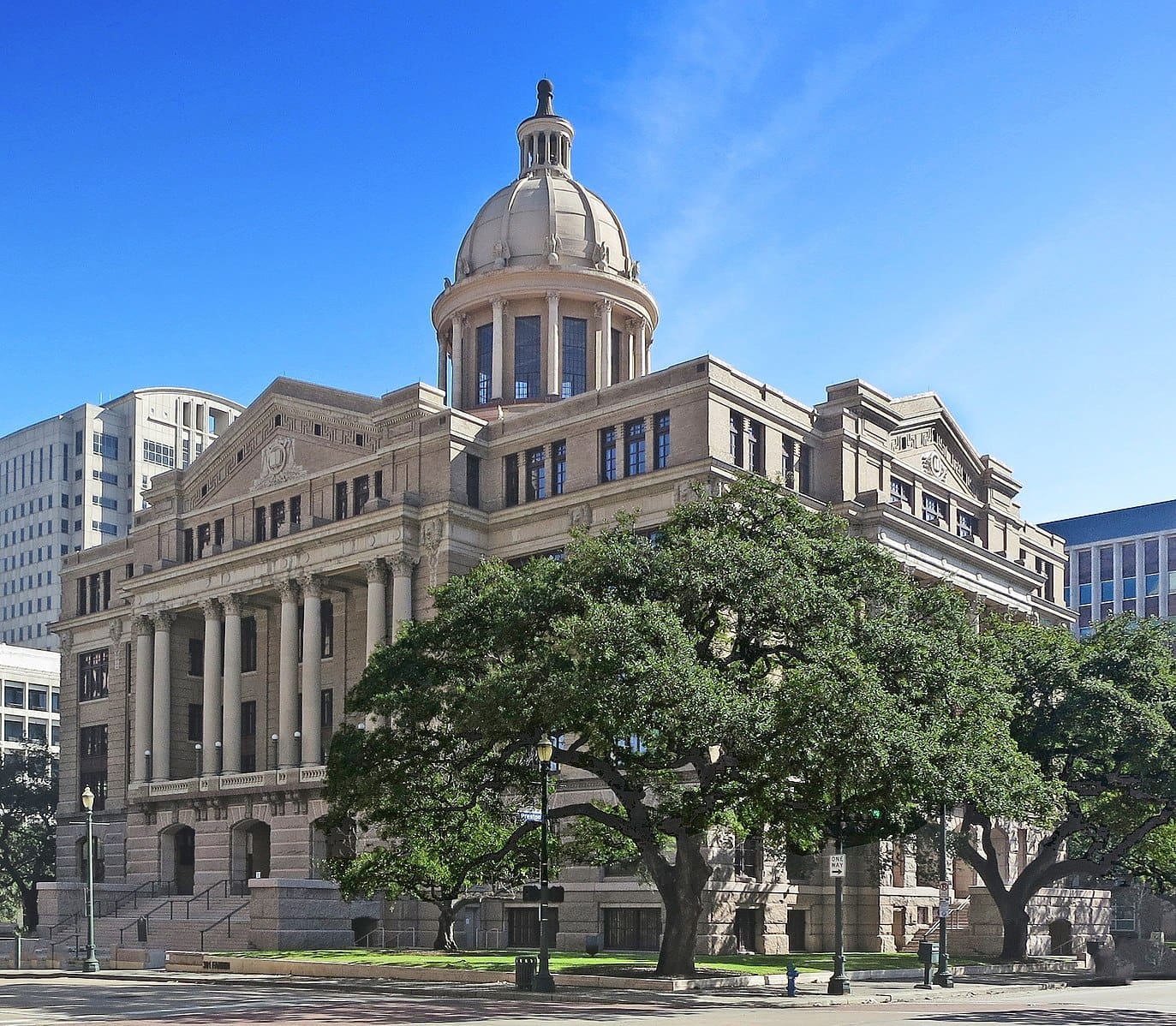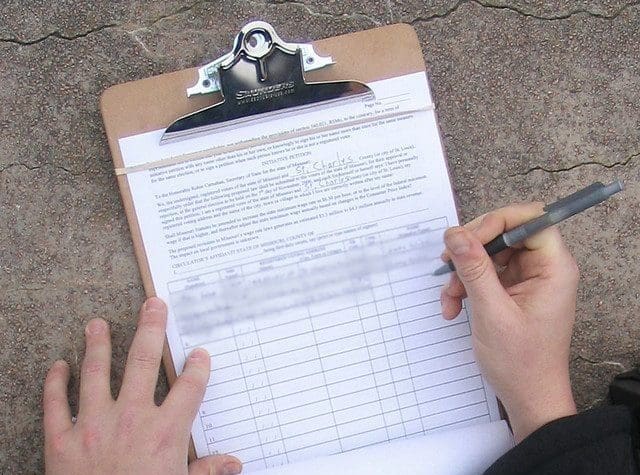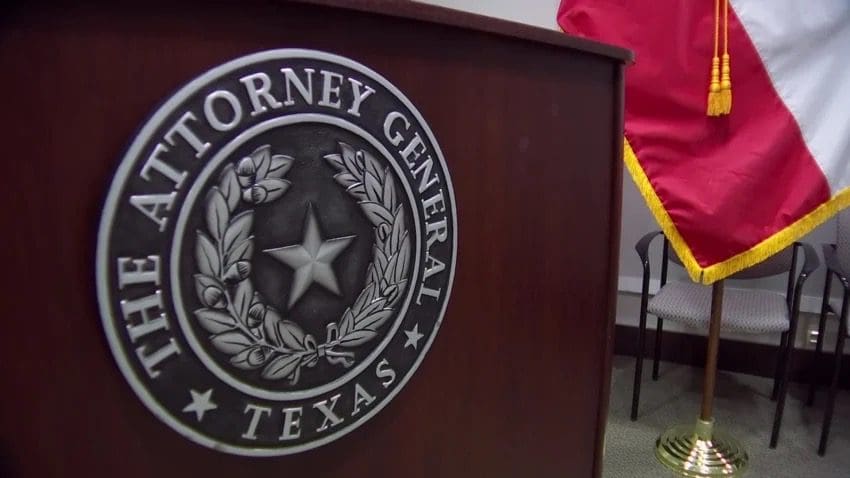Transportation has become a major issue in the state of Texas with rising population and business growth placing greater strain on the existing infrastructure. The issue was even highlighted in a campaign advertisement by Governor Abbott where he claimed “a guy in a wheelchair can move faster than traffic on some roads in Texas.”
As many Texans know, the observation isn’t too far from the truth.
Abbott’s plan to address the issue involves the use of existing revenue more responsibly by dedicating all transportation funds towards road construction, while also opposing new taxes, fees, or tolls. In his State of the State address, Abbott reinforced his campaign promises by labeling the issue a top priority. Dedicating existing revenue to road construction is a common-sense approach that would result in substantially more transportation spending.
Due to current diversions, much of the money that most Texans believe funds highways, roads, and bridges instead funds public education at best and jetpacks, hovercrafts and beautification at worst.
Obviously, reform is desperately needed to address waste that has come to define the broken system. Following reform, it is likely additional funds will be needed to further supplement projects. One proposal by State Senator Robert Nichols (R-Jacksonville) would do just that in a fiscally responsible way and without raising taxes.
It was unveiled at the recent Texas Transportation Forum.
“There’s a lot of statues at the Capitol here in Texas,” remarked Nichols. “I can’t think of one of them that was for someone who raised taxes.”
Alternatively, Nichols’ measure would dedicate to transportation the future tax revenue from the motor vehicle sales tax over and above existing levels. Currently, the tax generates approximately $2.5 billion for the general revenue fund. Once the revenue stream exceeds $2.5 billion, additional amounts would be split evenly by the two allocations—one to transportation, the other, the General Fund.
Nichols’ bill also contains use restrictions. It prevents the additional revenue from being spent on toll roads.
Although dedicated use of existing and future funding streams is a positive step in addressing Texas’ growing needs for roadway expansion, much more can be done to protect taxpayers from waste and abuse.
The agencies themselves, such as TxDOT and regional governments, are in dire need of process-related reform. If Texans are to expect a notable improvement in the effectiveness of transportation policy, reforming how the agencies handle public funds are absolutely critical to maximizing any amount of tax dollars the legislature chooses to spend. Without structural reform, any increase in spending will result in unnecessary waste.





